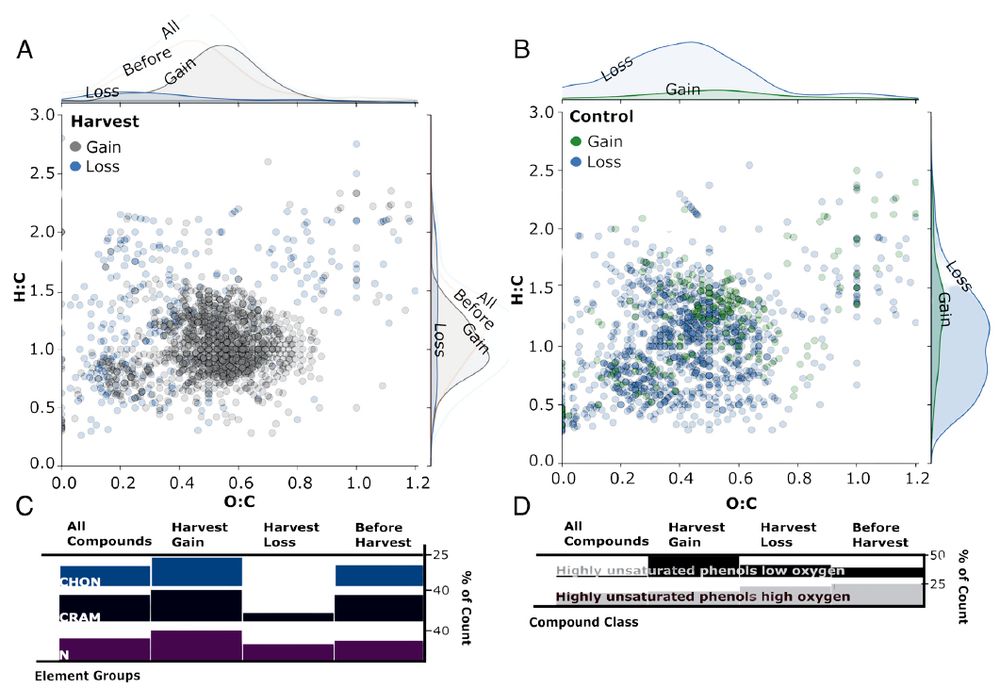Ecosystems and Global Change Group
@ecochangegroup.bsky.social
35 followers
20 following
26 posts
Working on ecology, evolution, biogeochemistry, conservation research worldwide from University of Cambridge 🇬🇧, Trent University 🇨🇦, University of Oldenburg 🇩🇪. Focus on climate change 🔥, water/food 🌊🌾, pathogens 🦠, biodiversity 🌸
Posts
Media
Videos
Starter Packs
Pinned
Reposted by Ecosystems and Global Change Group
Reposted by Ecosystems and Global Change Group
Reposted by Ecosystems and Global Change Group
Reposted by Ecosystems and Global Change Group
Reposted by Ecosystems and Global Change Group






































